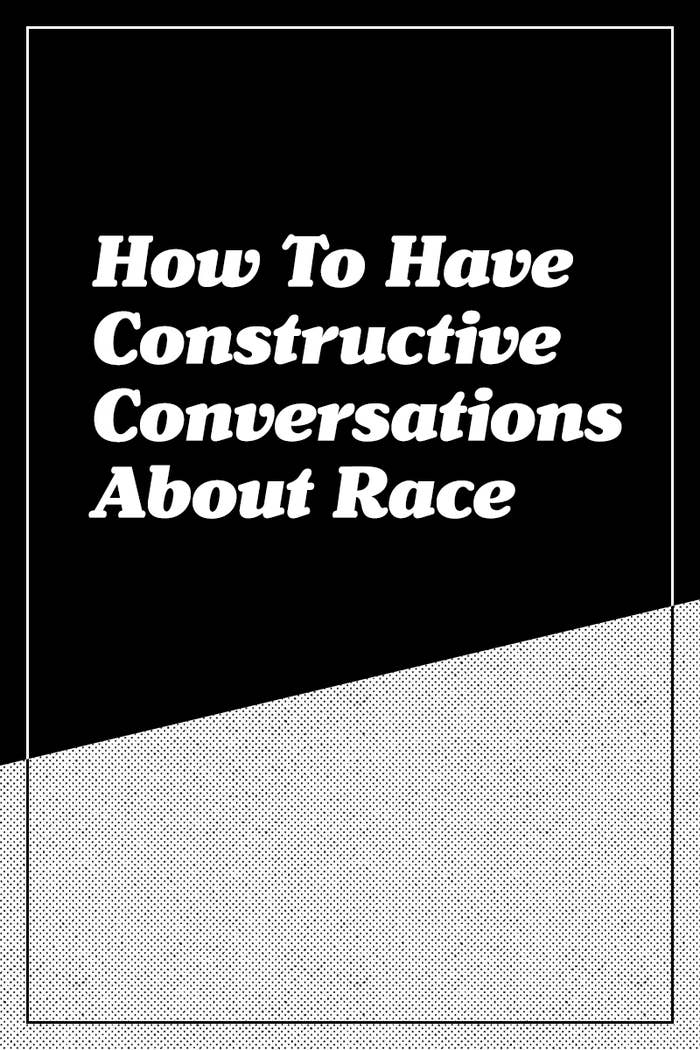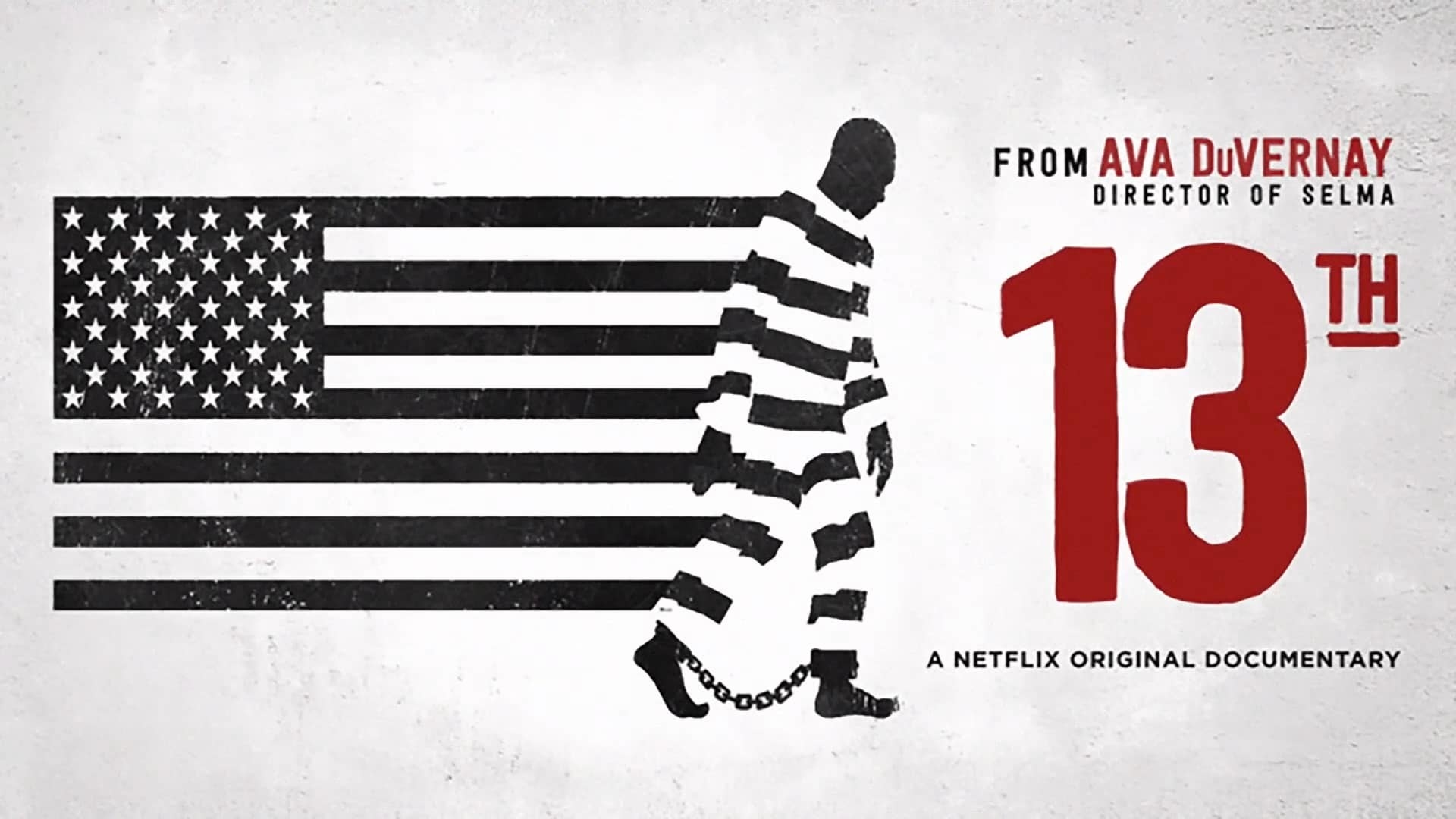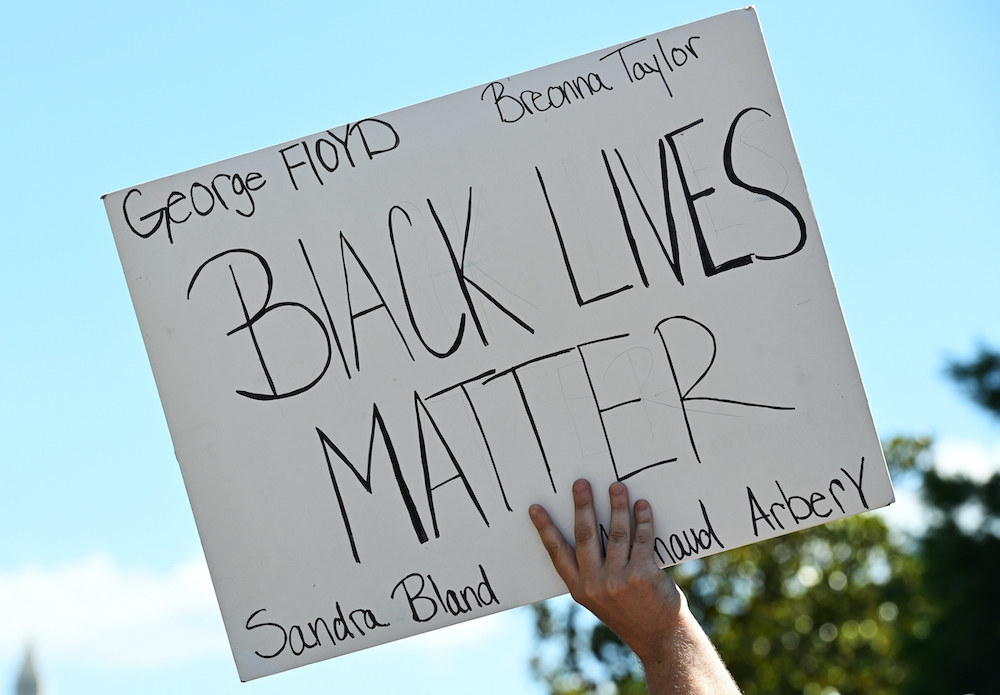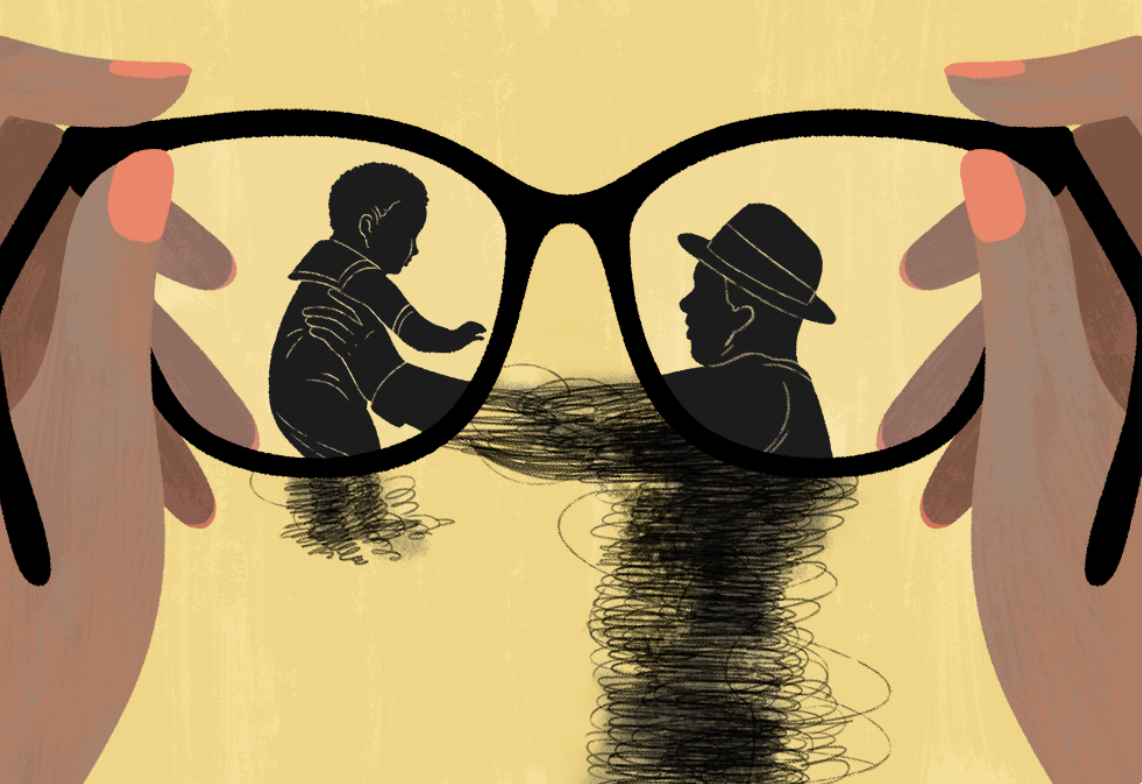
Right now, many of us are having tough conversations with family about Black Lives Matter, racism, and police brutality.
But making sure those conversations are constructive is often easier said than done.
Here are 10 things to focus on when talking to family or friends about race, racism, and injustice:
1. Educate yourself first so you can accurately articulate your opinion.

2. Lead with questions and curiosity.
3. Keep a few links, videos, podcasts, or statistics handy.
View this video on YouTube
Even if you've actively been reading and learning about racism, it can be easy to forget some key points, especially if the conversation turns into a heated debate.
"If you want to keep conversations on track, I’d recommend not only referencing teaching tools and data — both statistics and stories — but also keeping these resources in an easily accessible place," says Baker. "That can look like bookmarking links and posts on social media, or compiling a shareable syllabus."
You can start by opening a Google Doc and adding new things as you come across them. If you have a specific family member you want to convince, try looking up people they admire or respect who have now vocalized condemnation of police brutality.
4. But don't count on this being an entirely rational argument.
5. Avoid preemptively assuming (and stewing over) what your family member will say.
6. Be extra aware of what the other person has been socialized to believe and value.
7. Be humble yourself.

8. Don't expect to solve racism in one conversation — and know when to pick it back up later.
9. If your family reacts to the conversation in ways that make you feel threatened or unsafe, know when to pause.
10. Lastly, consider this an opportunity for yourself, where you don't need to tolerate disrespect, bigotry, or hatred.

Interviews have been lightly edited for length or clarity.


